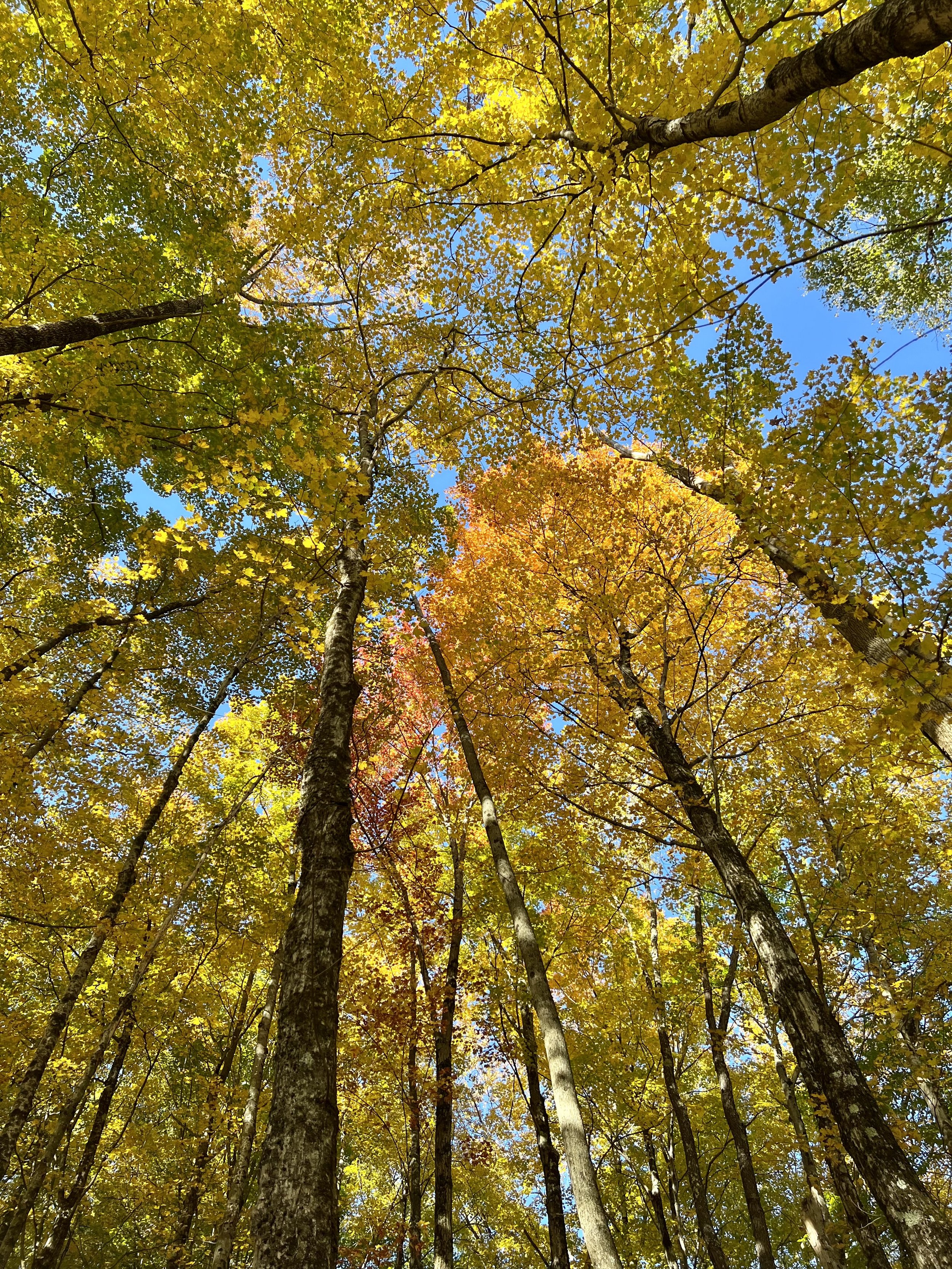Exploring "Alternative Healing" in Psychology
As we step into July, I am excited to introduce this month's theme: "Alternative Healing" in psychology.This month, we will delve into a variety of alternative healing methods, exploring their benefits and how they can be integrated into your journey toward mental well-being. To kick off our series, we will begin by examining the therapeutic potential found right outside our doors: nature. From serene forests to calming parks, nature offers a powerful resource for mental healing.
The Healing Power of Nature & Benefits of Nature Therapy: The modern lifestyle often disconnects us from the natural world, leading to increased stress, anxiety, and a sense of detachment. Nature therapy or green therapy, seeks to reconnect individuals with nature as a means to promote mental and emotional well-being. Rooted in the belief that humans are innately connected to the natural environment, nature therapy harnesses the power of nature to support healing and personal growth.
Spending time in nature can have numerous therapeutic benefits, including:
1. Reducing Stress and Anxiety: Nature has a calming effect on the mind and body. The sights, sounds, and smells of natural environments can lower cortisol levels, heart rate, and blood pressure, leading to reduced stress and anxiety. Taking a walk in the woods or sitting by a quiet stream can help the mind unwind and the body relax.
2. Enhancing Mood and Emotional Well-being: Exposure to natural environments can boost mood and enhance emotional well-being. Sunlight, fresh air, and natural scenery can increase the release of serotonin and endorphins – the body's natural "feel-good" chemicals. Nature can also provide a sense of wonder and awe, lifting the spirit and improving overall happiness.
3. Improving Focus and Attention: Urban environments filled with constant stimuli can contribute to mental fatigue and decreased focus. Nature, on the other hand, offers a restorative experience that can improve attention and cognitive function. Studies have shown that even a short walk in a park can enhance concentration and reduce symptoms of ADHD.
4. Fostering a Sense of Connection and Meaning: Nature can help individuals feel more connected to the world around them, fostering a sense of belonging and purpose. This connection can be particularly beneficial for those experiencing feelings of isolation or existential concerns. Engaging with nature can provide a greater sense of meaning and perspective on life.
Ways to Reconnect with Nature
1. Forest Bathing (Shinrin-Yoku): Originating in Japan, forest bathing involves immersing oneself in a forest environment and mindfully experiencing the sights, sounds, and smells of the woods. The practice encourages slowing down, breathing deeply, and being present in the moment. Forest bathing has been shown to reduce stress, improve mood, and enhance immune function.
2. Nature Walks: Taking regular walks in natural settings, such as parks, trails, or beaches, can significantly boost mental health. Nature walks provide an opportunity to exercise, clear the mind, and connect with the environment. They can be done alone for introspection or with others for social connection.
3. Gardening: Gardening is a hands-on way to engage with nature and has therapeutic benefits. Tending to plants, growing vegetables, and working with soil can reduce stress, improve mood, and provide a sense of accomplishment. Gardening also offers physical activity and can be a mindful practice.
4. Nature Meditation: Meditating in natural settings can deepen the sense of peace and relaxation. Nature meditation involves finding a quiet outdoor spot and focusing on the natural surroundings, such as the sound of birds, the rustling of leaves, or the feeling of the breeze. This practice can enhance mindfulness and emotional well-being.
5. Outdoor Yoga: Practicing yoga outside combines the benefits of physical exercise, mindfulness, and nature exposure. Outdoor yoga sessions in parks, gardens, or by the water can enhance the calming effects of yoga and provide a sense of harmony with the natural world.
Embracing Nature Therapy in Your Life
Integrating nature therapy into your routine doesn't require drastic changes; small, consistent efforts to spend time in nature can make a significant difference. Whether it's a daily walk in the park, a weekend hike, or simply sitting in your garden, making time for nature can enhance your mental and emotional well-being. As we continue our exploration of alternative healing methods this month, I encourage you to find ways to incorporate nature therapy into your life. Embrace the healing power of nature and discover the profound benefits it can bring to your mental health.
Stay tuned for more insights and practices on alternative healing throughout July! Keep an eye out for a special guest post next week by my colleague, Ellie Barch, PsyD who will share about ketamine assisted therapy!
Warmly,
Dr. Madison White
Licensed Clinical Psychologist


